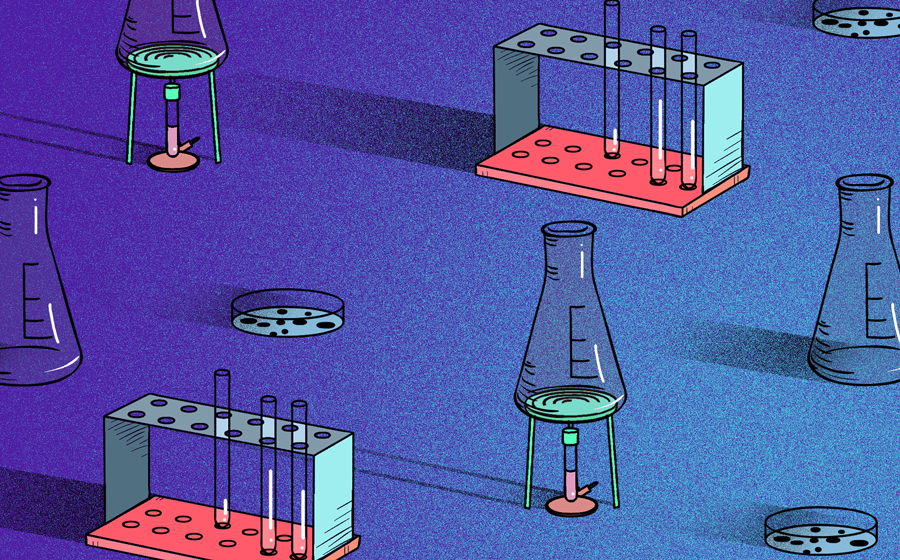Less than a year after launching with a mission to map the entire immune system and its functions, Immunai is back with $60 million in Series A funding slated to drive the biotechnology company’s next phase of product development and growth.
Subscribe to the Crunchbase Daily
“We weren’t initially seeking out funding, but the opportunity presented itself,” Immunai CEO Noam Solomon told Crunchbase News. “We have our eyes set on something ambitious: to double or triple in size in the next year or so.”
New York-based Immunai came onto the scene last May with a $20 million seed round led by Viola Group and TLV Partners. It is leveraging single-cell technologies and machine-learning algorithms to map out millions of immune cells and their functions to build the largest proprietary data set in the world of clinical immunological data for better detection, diagnosis and treatment of disease.
Viola and TLV participated in the new Series A, which was led by the Schusterman Family Investments, the Duquesne Family Office, Catalio Capital Management and Dexcel Pharma. This latest round gives Immunai total funding of more than $80 million.
As part of the investment, Kenan Turnacioglu, general partner at Catalio Capital, joined Immunai’s board of directors. In a written statement, he said that because the immune system is so complex, it requires combining new techniques with big data approaches to advance our understanding.
“This intersection is reflected in Immunai’s founding team and leadership, and I’m excited to be working with the company on this next phase of growth, as they bring together the brightest minds in the fields of single-cell genomics, immunology, machine learning, and data engineering to take on this task,” Turnacioglu added.
The company is seeing promising collaboration with organizations, including Baylor College of Medicine, where their partnership has identified a gene potentially involved in the killing of tumor cells and are working to validate this target.
Immunai will use the funds to expand its proprietary Annotated Multi-omic Immune Cell Atlas and work with partners to prioritize, discover and develop new therapies and drug combinations.
The company has grown to 70 people, with employees working from Tel Aviv and San Francisco, as well as its laboratory in New York where it does cell sequencing in-house, Solomon said.
“We are always hiring, especially engineers because big data is difficult to work with,” he added. “One sample of tissue is more than 1 terabyte of information and requires unique engineering. We are also working on two other partnerships with big pharmaceutical companies, trying to get off the ground for target cell validation.”
Illustration: Li-Anne Dias

Stay up to date with recent funding rounds, acquisitions, and more with the Crunchbase Daily.


![Illustration of a magnet attracting various products. [Dom Guzman]](https://news.crunchbase.com/wp-content/uploads/mergers_and_acquisitions-470x352.jpg)
![Illustration of toast with $ toasted in. [Dom Guzman]](https://news.crunchbase.com/wp-content/uploads/Forecast-dollar-sign-300x168.jpg)

![Illustration of toast with IPO toasted in. [Dom Guzman]](https://news.crunchbase.com/wp-content/uploads/Forecast-IPO-300x168.jpg)


67.1K Followers